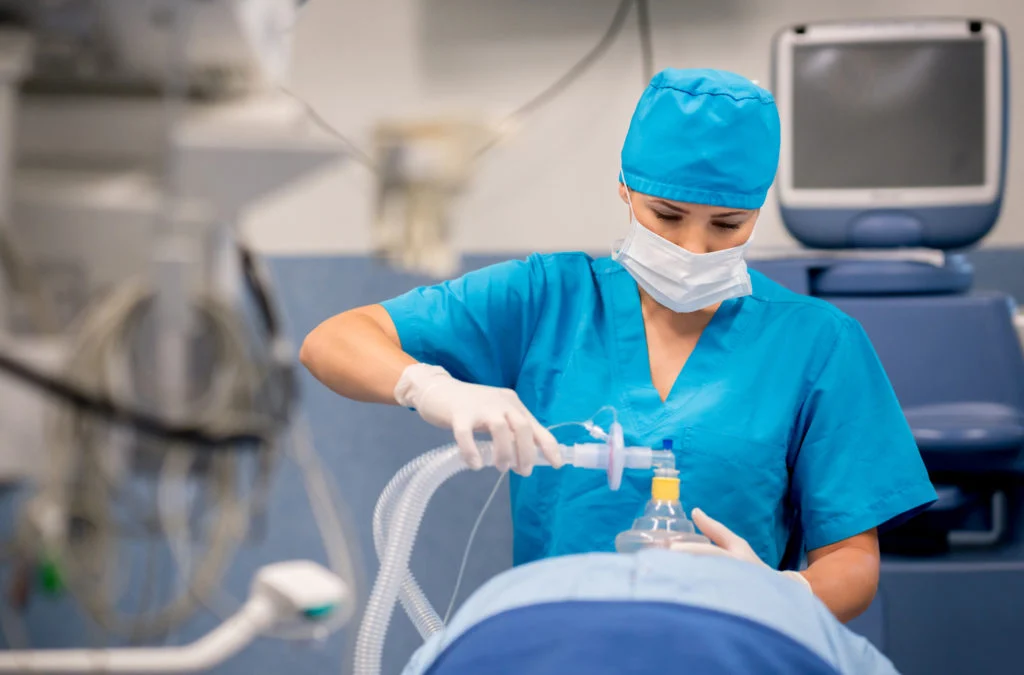Emergency Line
+91 75609042178
• Rhinoplasty, blepharoplasty, and facelifts for facial enhancement and rejuvenation.
• Reconstructive surgery after trauma, burns, or cancer (e.g. breast reconstruction post-mastectomy).
• Cleft lip and palate repair for congenital facial deformities.
• Hand surgery for conditions like carpal tunnel syndrome, tendon injuries, or congenital hand defects.
• Skin grafts and flap surgeries for wound coverage, burn injuries, and chronic ulcers.


• Botox injections for wrinkle reduction and treatment of facial lines or hyperhidrosis.
• Dermal fillers (like hyaluronic acid) for facial volume restoration and contouring.
• Laser therapy for skin resurfacing, scar revision, and pigmentation issues.
• Chemical peels and microdermabrasion for skin rejuvenation and acne treatment.
• Non-surgical body contouring techniques (e.g. cryolipolysis or radiofrequency treatments).
Knee pain can be caused by various factors, including osteoarthritis, injuries (such as ACL tears or meniscus damage), overuse, and underlying medical conditions like gout or rheumatoid arthritis. Accurate diagnosis is crucial for effective treatment.
While home remedies may provide temporary relief, it’s essential to consult a doctor for proper diagnosis. However, some common self-care measures include resting the knee, applying ice, compression, and elevation (RICE), over-the-counter pain relievers, and maintaining a healthy weight.
You should consult an orthopedic specialist if knee pain is severe, persistent, or accompanied by swelling, redness, warmth, or inability to bear weight. Early diagnosis and treatment can prevent further complications.
Treatment options vary depending on the cause and severity of knee pain. Non-surgical approaches include physical therapy, medications, and injections. In some cases, surgery may be necessary, such as arthroscopy, osteotomy, or knee replacement.
Recovery time depends on the specific treatment and the severity of the condition. Non-surgical treatments often involve gradual improvement over weeks or months. Surgical recovery varies, but it typically requires physical therapy and rehabilitation to regain strength and mobility.